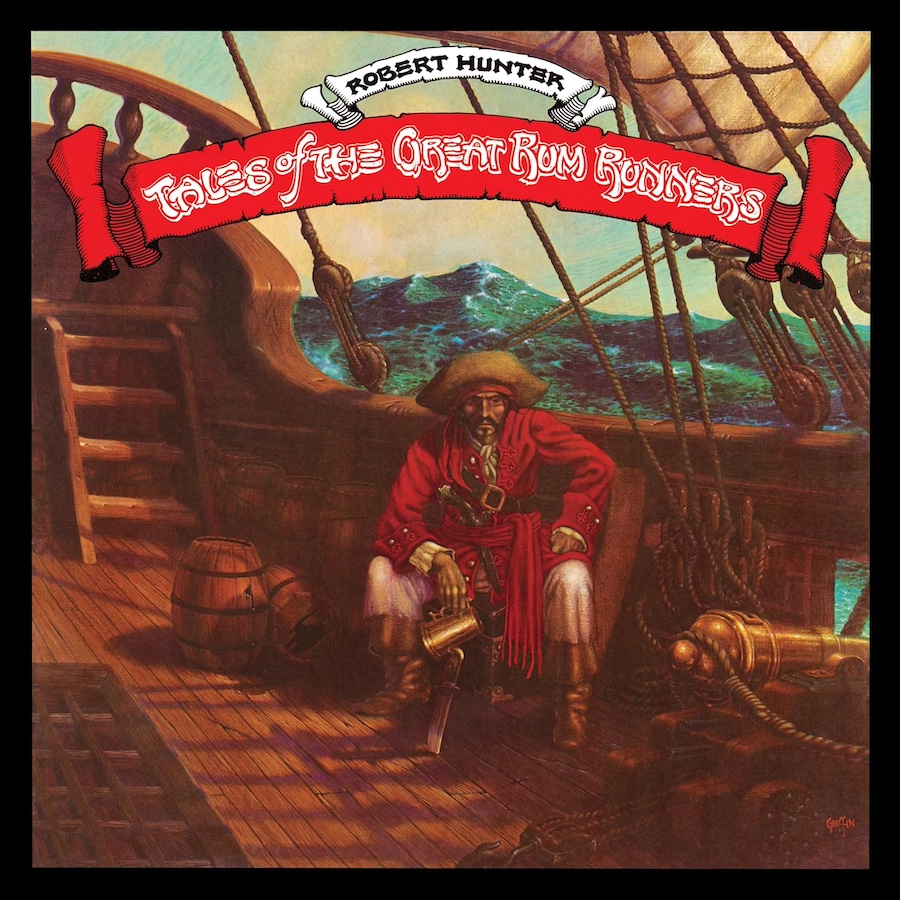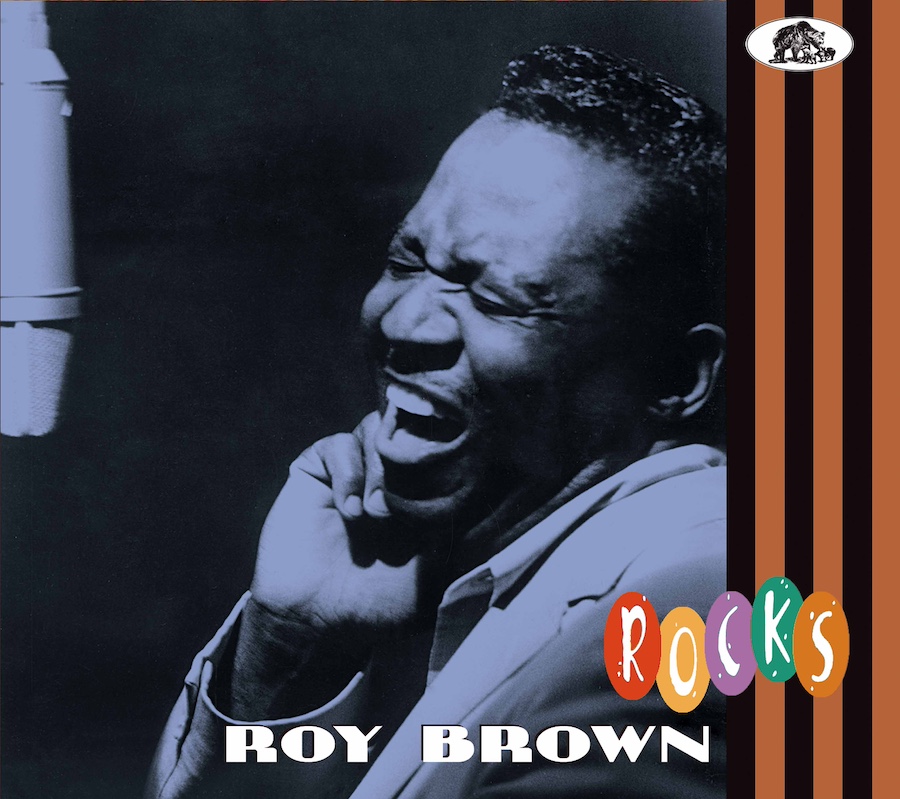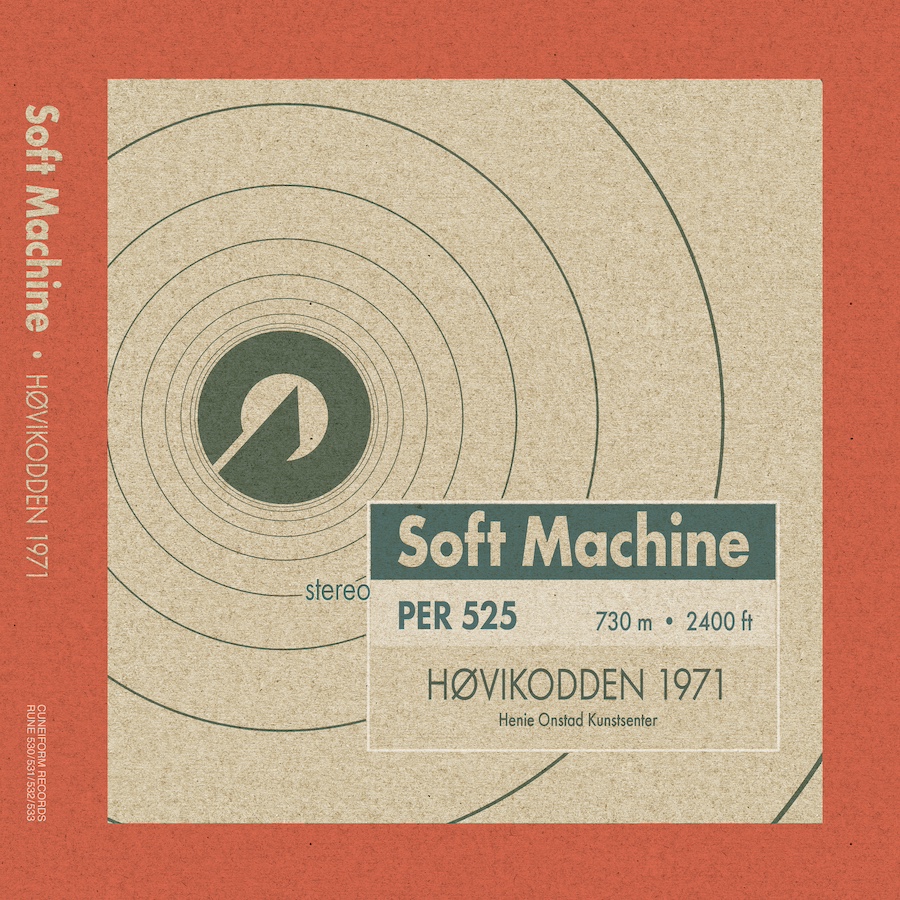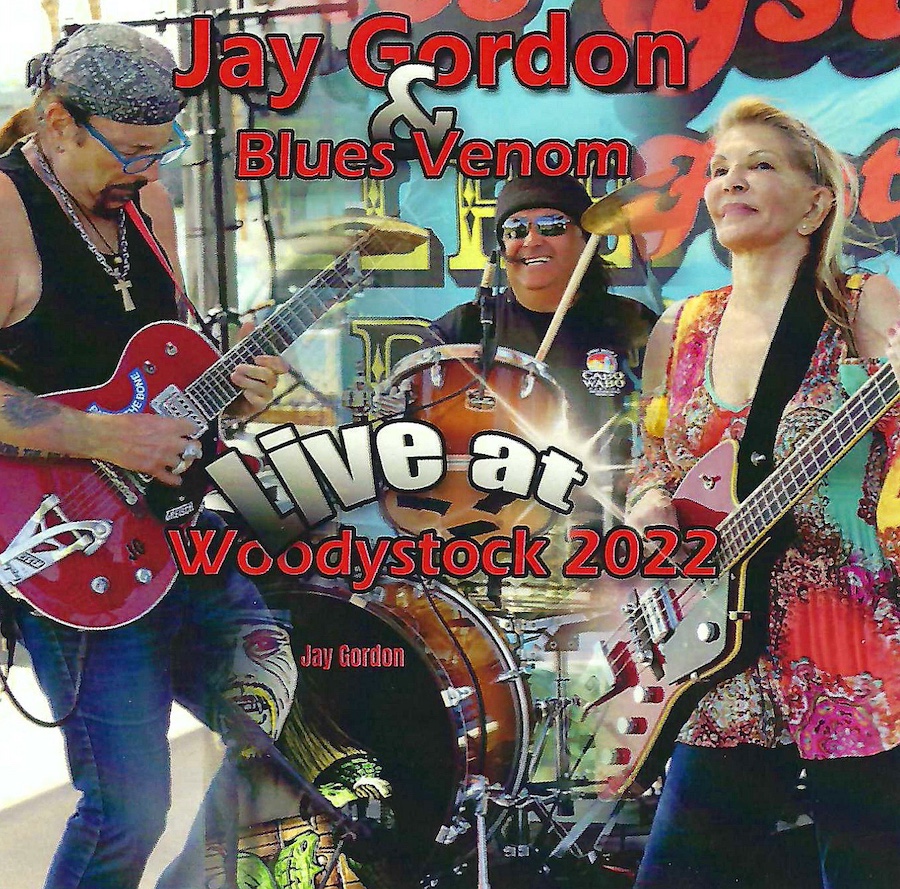California’s Laurel Canyon music scene still garners attention half a century after its heyday. In 2019, for example, Jakob Dylan and friends produced Echo in the Canyon, a terrific film documentary and soundtrack album about the songs and artists that emerged from this neighborhood in the late 1960s and early 1970s. And now, England’s Grapefruit label has released a three-CD, 72-track, clamshell-boxed set called I See You Live on Love Street—Music from Laurel Canyon 1967–1975.
The continued focus on this music community in Los Angeles’s Hollywood Hills is understandable. For a few critical years, it was home to many of America’s most luminous and soon-to-be-luminous rock, folk, and pop artists – acts such as Fleetwood Mac, Frank Zappa, the Mamas and the Papas, Love, the Turtles, Warren Zevon, the Byrds, Buffalo Springfield, Poco, Linda Ronstadt, Tim Buckley, Carole King, and Joni Mitchell. They lived within a few miles of one another, traded ideas, and produced a long list of great compositions and recordings.
I See You Live on Love Street, which draws its title from an included Doors song, does an excellent job of surveying the scene. The collection, which comes with an info-packed 48-page booklet, features many of Laurel Canyon’s key artists, including all the ones mentioned above except King and Mitchell (though a cover of the latter’s “For Free” is here, performed by a trio called Morning).
Note, though, that while the box makes room for a handful of hits, it tends to eschew familiar material in favor of lesser-known numbers as well as some obscure acts. The Association, for example, is represented not by any of its many successful singles but by an album track called “Come On In.” (Speaking of the Association, the program also includes “Halfway There,” an excellent song by Ruthann Friedman, who wrote that group’s “Windy.”)
Even one-hit wonders typically deliver something other than their famous track in this anthology. Scott McKenzie, for example, is known for his Top 5 rendition of John Phillips’s “San Francisco (Be Sure to Wear Flowers in Your Hair).” Here, though, he offers a fine cover of the appropriately themed “Twelve-Thirty (Young Girls Are Coming to the Canyon),” the second-best song Phillips ever wrote (after “California Dreaming,” of course). Barry McGuire, meanwhile, is featured not for his chart-topping “Eve of Destruction” but by a number called “Secret Saucer Man.” And rather than include any of the Turtles’ many major hits, this box’s compilers opted for the group’s sweet but relatively little-known cover of “Lady-O,” by Laurel Canyon folk singer-songwriter Judee Sill. The Leaves, known for their 1966 garage-rock hit “Hey, Joe,” instead deliver a song called “Twilight Sanctuary.”
Also here are many tracks from artists who never scored even one hit. These include fine folk singers like Sill (her own “Crayon Angels”), Steve Noonan (Jackson Browne’s “Shadow Dream Song”), and David Blue (the self-penned “Outlaw Man”). In addition, the psychedelic rock group Clear Light delivers “How Many Nights Have Passed” from its sole LP; and a pop-rock outfit called the Sunshine Company serves up a mesmerizing cover of George Harrison’s “I Need You.”
Besides giving you a sense of how much was happening in one small neighborhood over one brief period, a key benefit of this box is that it will expose you to notable but obscure artists you wouldn’t otherwise be likely to hear. As for the many featured performers who became prominent and produced large, essential bodies of work, even they may be unknown to some listeners, especially those who weren’t around for Laurel Canyon’s glory days. If this box leads you to discover the catalog of even one such artist – Love or Tim Buckley, for example – it will have been worth the price of admission.
Also Noteworthy

Robert Hunter, Tales of the Great Rum Runners (50th Anniversary Deluxe Edition). The late Robert Hunter is best known as the Grateful Dead lyricist responsible for providing words for such Dead favorites as “U.S. Blues,” “Truckin’,” “Sugaree,” “Saint Stephen,” “Dark Star,” and “Playing in the Band,” to name a few. But he was also a singer and guitarist who made his first foray onto center stage with 1974’s Tales of the Great Rum Runners.
Though the album doesn’t sound like a Dead LP, it certainly sounds Dead-related, thanks to Hunter’s lyrics and contributions from the group’s Jerry Garcia, Mickey Hart, and Keith and Donna Godchaux. (Also on the star-studded personnel list are New Riders pedal steel guitarist Buddy Cage, Country Joe & the Fish cofounder Barry Melton, Jefferson Airplane multi-instrumentalist David Freiberg, and Big Brother & the Holding Company bassist Peter Albin.)
A new two-CD 50th Anniversary edition of the album couples a restored, remastered copy of the original LP with alternate versions of six of its songs and 10 mostly excellent outtakes, all previously unreleased. A few discordant rockers, including “I Heard You Singing” and “That Train,” fall flat, but Hunter’s quavering vocals are just right for the predominant folkier numbers, especially “It Must Have Been the Roses,” which the Dead often performed, and the Dylanesque “Keys to the Rain.”

Roy Brown, Rocks. Good luck figuring out why rock progenitor Roy Brown isn’t as well known today as such contemporaries as Fats Domino, Jackie Wilson, and Little Richard. He certainly deserves to be famous, based on the evidence in this fantabulous anthology, which contains 30 R&B-flavored, sax-spiced rockers recorded between 1947 and 1960. The album comes with a 32-page booklet that includes a lengthy essay about the late singer’s career, numerous photos, and discographic information.
Brown, who appears to have anticipated the rock revolution and embraced it wholeheartedly, delivered personality-soaked vocals that conveyed enthusiasm. And unlike many singers of his time, he wrote or co-wrote the lion’s share of his material. Among the self-penned material here is “Good Rocking Tonight,” Brown’s 1948 jump-blues hit, which has been covered by everyone from Elvis Presley to the Doors to Bruce Springsteen and which some music historians have called the first rock and roll record.
Also on the program: several party-ready sequels to that number, including “We’re Goin’ Rockin’ Tonight,” “Rocking All the Time,” “Rockin’ at Midnight,” “Good Rockin’ Man,” and “Ain’t No Rocking No More,” plus both parts of a wild two-part single called “Butcher Pete,” whose first part ends with Brown shouting, “Turn this record over! You ain’t heard nothing yet!”

Soft Machine, Høvikodden 1971. If the Saucerful of Secrets–era Pink Floyd had tilted more toward jazz, it might have sounded something like early Soft Machine, a British quartet with which it sometimes shared a stage. Soft Machine started as a psychedelic rock band complete with light shows and moved increasingly into jazz. By February 1971, when the group delivered two concerts at Høvikodden in Oslo, Norway, it was a purely instrumental outfit and part of the same fusion movement that produced albums like Miles Davis’s Bitches Brew.
This four-CD set preserves both Oslo performances, among Soft Machine’s last before the departure of co-founder Robert Wyatt. One of the shows has not been available for more than a decade and the other is previously unreleased. The setlists, which draw mostly on the group’s third and fourth studio albums, are nearly identical, but Soft Machine’s penchant for improvisation results in two very different – albeit equally captivating – listening experiences.

Jay Gordon and Blues Venom, Live at Woodystock 2022. Blues rocker Jay Gordon, whose guitar pyrotechnics often recall Jimi Hendrix, recorded this blistering, hour-long set at an outdoor festival in Laughlin, Nevada.
The program includes four Gordon originals plus fiery covers of three vintage blues classics, Willie Dixon’s “Hoochie Coochie Man,” Robert Johnson’s “Crossroads,” and Sonny Boy Williamson’s “Good Morning Little School Girl.” Also here are a dynamic reading of George Thorogood’s “I Drink Alone” and a Creedence Clearwater medley that pairs John Fogerty’s “Green River” with Dale Hawkins’s “Suzie Q.”
Jeff Burger’s website, byjeffburger.com, contains five decades’ worth of music reviews, interviews, and commentary. His books include Dylan on Dylan: Interviews and Encounters, Lennon on Lennon: Conversations with John Lennon, Leonard Cohen on Leonard Cohen: Interviews and Encounters, and Springsteen on Springsteen: Interviews, Speeches, and Encounters.



